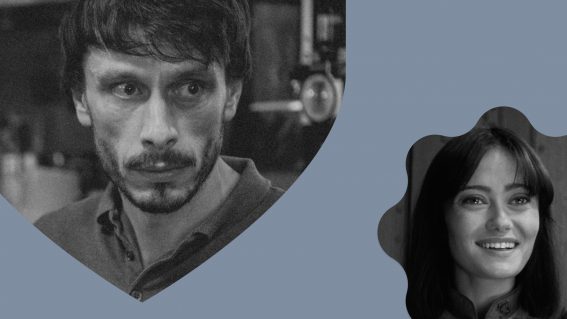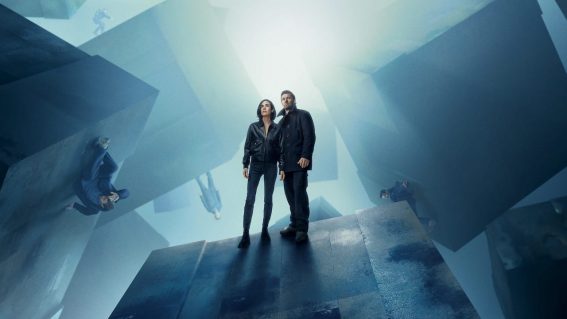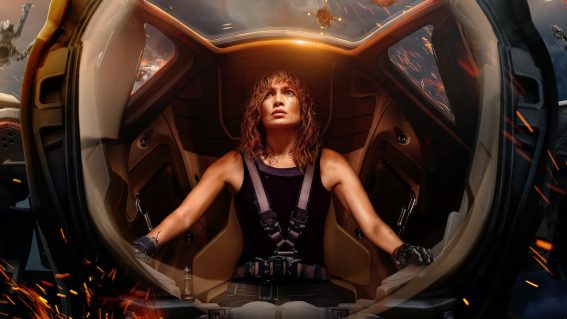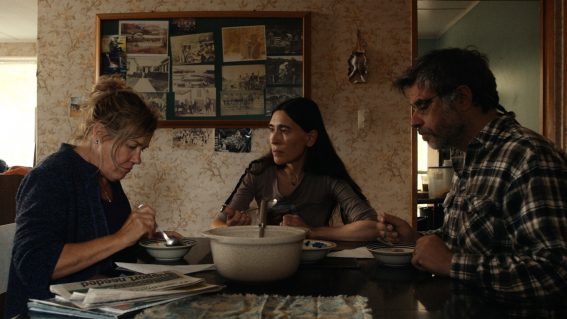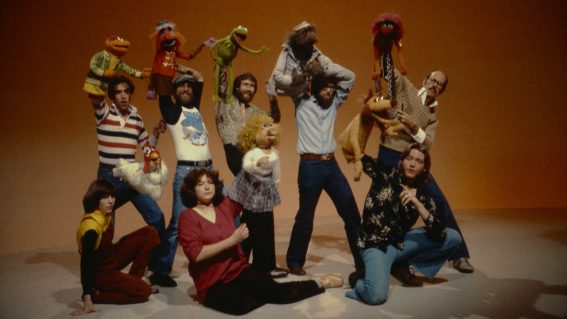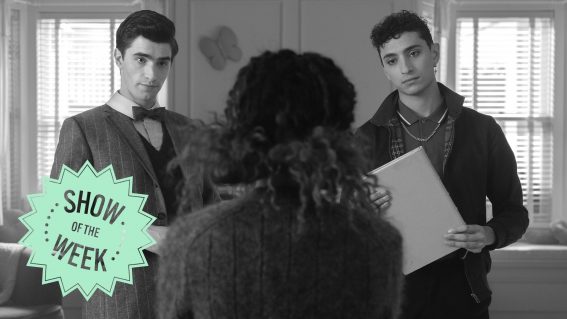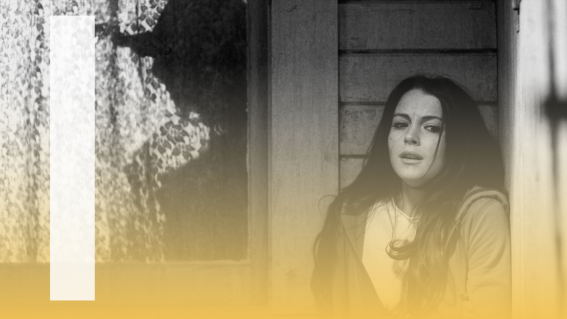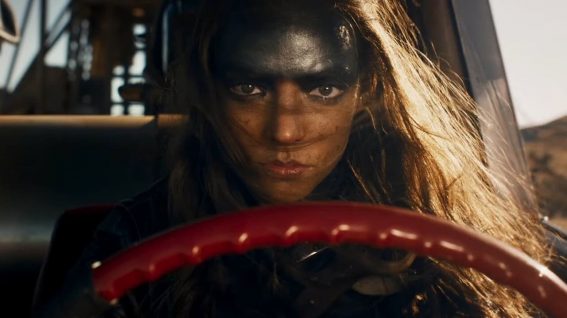Interview: Wreck-It Ralph’s John C. Reilly
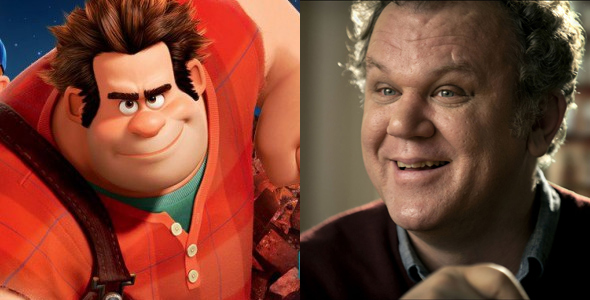
In Disney’s upcoming animated feature Wreck-It Ralph (opening on Boxing Day with some advance sneak previews this week), a hidden universe inside video games is explored through the eyes of Ralph when he tires of being the bad guy in his game and sets off in search of better things. Ralph is voiced by John C. Reilly, a long-time Flicks favourite thanks to a diverse body of work that includes highlights such as Boogie Nights, Tim and Eric Awesome Show, Great Job!, Cedar Rapids and Step Brothers (OK, we may have lost you there). Needless to say, we jumped at the chance to have a chat with him about Wreck-It Ralph…
Flicks: Is it any different doing interviews about this film when it’s just your voice that features in the movie?
John C. Reilly: It feels the same. With any movie, you’re already kind of disconnected from it by the time you do press, whether it’s live action or an animated film, because it happened so long ago. We’re really proud of this one though, and people are loving it. I put a lot of myself into the character so I actually feel pretty closely connected to this film.
Were you looking for another animated pic to voice after ‘9‘, or was this something that sort of came to you and felt like a good thing to do?
It really just fell in my lap. I was working with the writer Phil Johnston on another movie called Cedar Rapids, and Phil said, “I’m working on this Disney animated film, I think we’re gonna come to you about it.” It turns out Phil, when he was writing the script, was thinking of me in his head when he was writing the character.
Oh, that’s awesome. I didn’t realize that he’d also written ‘Cedar Rapids’. That’s a great film, I really like it.
He’s a really talented guy. He’s from the Midwest like me, and we’ve just really hit it off. We’re still friends today.
Rich Moore, the director, contacted me and honestly, at first I was sort of unsure whether I wanted to do it because I had been offered a lot of animated things over the years and it just seemed like a kind of a strange, isolating experience for an actor. You record alone and if there’s another character in the scene, you’re just reacting to their recorded dialogue in your headphones, or maybe not even hearing their dialogue, and it just didn’t sound like the most creative experience.
So I was like “Yeah, you know. I’m doing okay with the live action.” And Rich Moore was like “Well, you know, that is the way most animated movies are made, but you can do this any way you want. If it would help to have the other actors in the room, and you think that would make a better movie, then we’ll do that.” And that’s the way we did it.
Every time someone was talking to another character, we had them right there in the room, and especially with Sarah Silverman and I, we ended up improvising a lot together, and there’s quite a bit of that material that we just come up with on the fly in the final film.

As far as your prep for the film went, was it any different to approaching a normal role? I mean, obviously you are going to have to convey a lot more of your character just strictly through voice, so did it necessitate any kind of difference gearing up for it?
Not necessarily. I mean, I couldn’t go in with a cold: if I got sick or something, I would be like, “I can’t come in. The character is gonna sound totally different.” We recorded it over two years and in terms of prep, it’s a little hard to do the actual research into what it feels like to be a video game character, but it was a really inspiring, creative thing to think about once we got into it.
Like, what are the rules of this guy’s reality? What is this universe like for these video game characters? And I think that’s one of the most creative things about the story itself: what life is like for all these bits of information or whatever when the machine’s not being played.
One of the other things I really enjoyed about the film was the organic way it does its world-building, giving you and the rest of the cast room to give performances. There’s a whole lot of spectacle but so much of it actually has a tight focus on character.
Yeah, that’s true. There are a lot of bells and whistles in the movie, and a lot of visual detail. But you’re right, we made a big effort to have the characters, ironically, feel human. That there was a real, emotional human story behind the different journeys they were on, and a lot of that comes through improvisation, too.
As an actor, when you open up your stream of consciousness for whatever is going to fly out of your head in a given moment, you end up saying some truthful, kind-of-personal things, whatever’s floating around in your head or your heart. I think that all of us, Sarah, and I, and Jack McBrayer, all ended up putting a lot of our whole hearts into it.
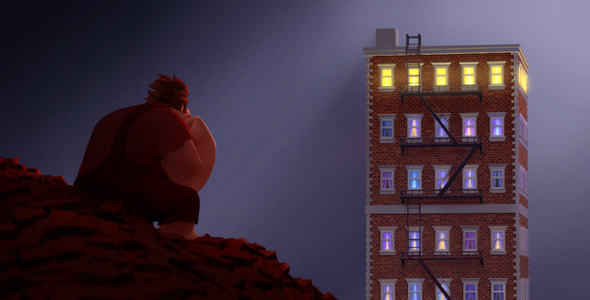
There’s a lot of pain to your character, so I guess that’s yours as well.
I suppose so. I mean, the script was written, so I didn’t bring the entire experience myself, but yeah, I think anyone who’s in their mid-40s can relate to feeling like, “Does life have any more meaning than what I’ve already experienced, or is this it?” It’s the classic time when you have a mid-life crisis, to start thinking about your own mortality or the remaining chapters of your book of life.
That’s heavy stuff for the seven-year-olds in the audience, man.
Well, that kind of sails over their heads, you know? But that’s why adults are loving this movie, I think, or at least part of the reason. You know teenagers are into all of the retro video games and then the kids, it seems like they’re responding to the innocence of the characters. If you think about a video game character, they are living in a very sheltered world with limited relationships and they’re somewhat innocent.
That’s similar to a kid’s experience, where all you know is your house and your mum and dad, and maybe you’ve had a few little excursions out. But for the most part you live in this kind of sheltered, protected world, and that’s what most of the characters, even my character, are like in the movie.
That’s a nice comparison. You mentioned the kind of retro video game aspects of it. Was that sort of a big part of your past? Were you much of a gamer? Were there things about the film that brought a smile to your face as you saw them?
I was part of the first generation of the video game phenomenon when Space Invaders, Pac-Man and all those kind of arcade games first came out. So, you know, I definitely knew all the characters we’re referring to and the games that we were emulating and stuff. But I can’t say I’m much of a video game player now.
But if you think about those first games, it’s kind of amazing that they were so popular in the first place, you know? I think one of the main reasons I was so attracted to Space Invaders was that it was the first time in my experience that you could manipulate something on a television screen. I mean, up until then, I couldn’t – we did not have a VCR. So the TV was turned on, and then whatever’s on it is what’s on it. You can’t interact with it. And so I think that was part of the appeal. And then you’ve got all those 8-bit games that we refer to in the movie…
What I’m struck by now when I look back on it is how much imagination it requires to really get into one of those games, ’cause you’re filling in all this detail. It’s only 8-bit. You are in your own mind, filling in all the blank spots, and I think that’s one of the reasons that those retro games are getting popular again, because kids are so used to having the entire world completely rendered and handed to them in a video game. There’s something fun about, filling in the blanks with your own mind.
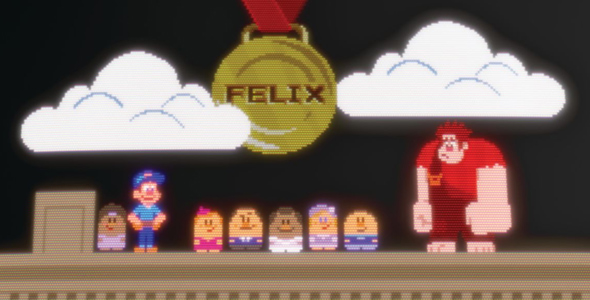
Using the imagination is definitely a big part of it. Another thing about ‘Wreck-It Ralph’ is it’s another addition to this massive range of films and TV stuff that you’ve done over the years. Is there a way you make sense of this range of things you’ve worked on?
It’s pretty broad, yeah.
To say the least.
I’m really lucky in that way. I mean, you have to be diligent about making a deliberate choice to have variety in your work, to have that much of a range. But more importantly, the audience has to accept that you are going to do something different. I think a lot of reasons actors get stereotyped into one specific kind of work is because that’s what the audience wants from them, and if they do stuff outside of that, the audience lets you know, like, “Don’t do that! Just go back to what we like you doing.”
But I’ve been really lucky in that way; people have been very open to all different kinds of stuff. I had a music show last night and that was so inspiring, that people can just accept what you have to offer. If there’s any guiding principle for me, it’s just doing stuff that I find inspiring, and usually that’s different than the last thing I did. I just have that kind of mercurial nature I guess. It’s one of the reasons I became an actor: I couldn’t imagine having to choose one job for the rest of my life.

